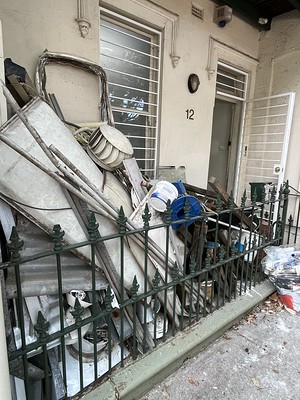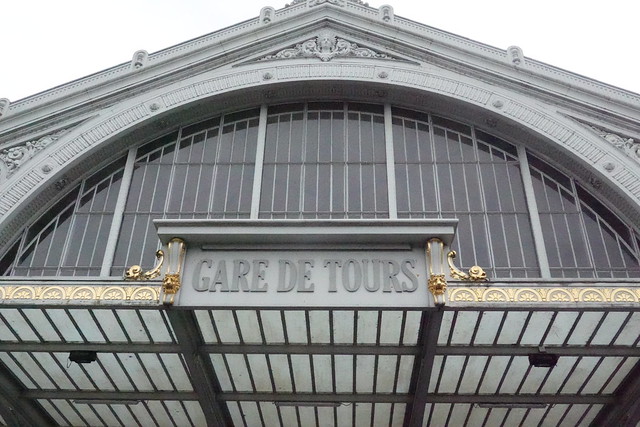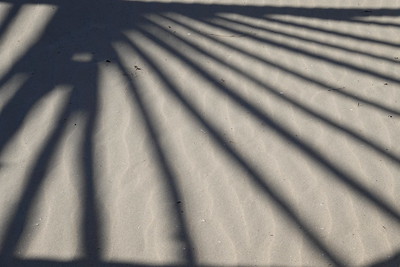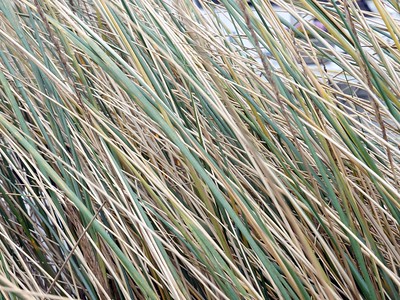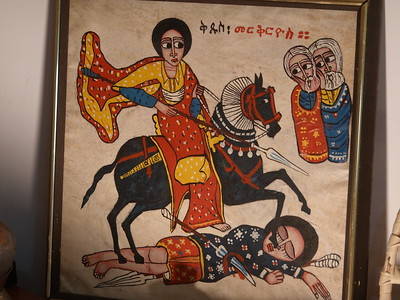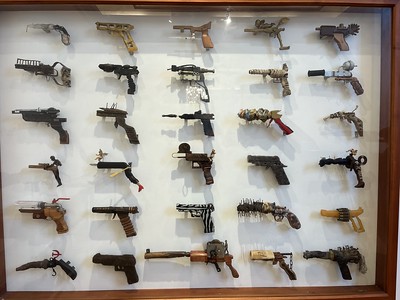I’m staying with family outside Albury for a few days. Yesterday I crossed the border to visit Wodonga, where I grew up.
I still read the Border Mail newspaper most days, and a few weeks ago noticed that the shop at the foot of the Wodonga Water Tower was now occupied by a bookseller, following the death of the cobbler whose business had been there since 1960.

Wodonga hadn’t had a bookshop for some years, but now boasts one, The Booktower. One step back from cultural oblivion!
In order to satisfy my curiosity and get an idea of the ratio of low culture to high culture here, I’ve been trying to find out how many liquor outlets there are in Wodonga, as I‘ve suspected there would be dozens.
I got my answer this morning when I went to the local Council’s ‘Make Wodonga Yours‘ consultation website. In a figure from 2023, it referred to ‘95 licensed liquor venues, including hotels, pubs, bottle shops, clubs and restaurants.’
Of course the counter argument is that producing high quality wine and spirits is something the region has to be proud of. It is certainly a major tourist drawcard, and the locals are more knowledgeable about wine than most Australians. But you can only go so far with that reasoning.
I know that Wodonga is not alone in its abundance of liquor outlets and paucity of bookshops. Liquor is big business in most regional and indeed suburban and inner city areas of Australia.

Bookshops are also declining in the face of social media and online sales of books and ebooks. Last time I was in Albury, I went into the local Dymocks franchise and observed that there was only a handful of books. They were displayed on the shelves in a curious sparse fashion, with the covers rather than the spines exposed to the customers visiting the store.



